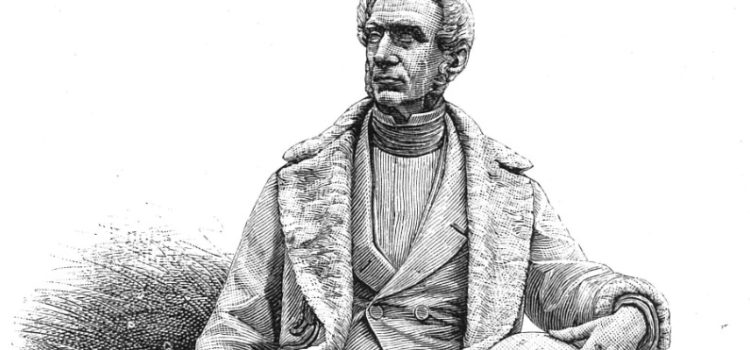What is a dynamic system? What is dynamical systems theory? Why do dynamic systems make it so hard to make accurate predictions? A dynamical system (dynamic system) is one in which an array of inputs affect each other. Whereas prediction in a system that contains, say, two inputs, is a simple affair—one need only account for the qualities and behavior of those two inputs—prediction in a system that contains, say, five hundred billion inputs is effectively impossible. We’ll cover the most famous dynamic system examples and explore why dynamical systems make it so hard to make accurate predictions.
What Is a Dynamic System? Why Reality is Unpredictable










